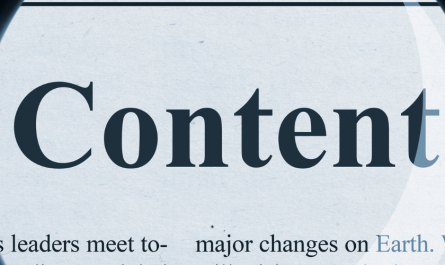In today’s digital world how our brand is perceived upon in the digital world is a make or break for the brand. According to a survey by BrightLocal, 87% of consumers read online reviews for local businesses, with 79% trusting them as much as personal recommendations.
Our reputation precedes us everywhere and ORM ensures that this reputation sparkles.
https://images.app.goo.gl/4Kn1CDDq1FpVRrp1A Image
But what exactly is ORM? Is it does it just involve handling comments and DMs
ORM stands for Online Reputation Management and is a set of strategies and tools to monitor, maintain and improve your business online. It involves managing reviews with customer feedback on social media and building trust and credibility among consumers. Along the way it involves Influencing their decision-making process and enhancing the brand’s online presence.
Primarily there are two ways to go about managing your online reputation — proactive & reactive. In this blog, we will delve into the differences between proactive and reactive ORM strategies, highlighting their significance in safeguarding and enhancing your online reputation.
What Is Proactive Online Reputation Management (ORM)?
Proactive ORM involves actively monitoring and influencing how your brand is perceived online, even when there are no immediate issues. By being a step ahead in the game, businesses can effectively manage and mitigate potential risks, capitalize on opportunities, and ensure a positive brand image that resonates with their target audience.
Think of online monitoring like eavesdropping on conversations about your brand – but in a good way
There are multiple ways brands can actively engage with proactive ORM
- Monitoring Online Mentions and Sentiment: Brands can utilize online monitoring tools to track brand mentions and by staying informed about online conversations related to your brand, you can quickly address any potential issues and proactively engage with your audience.
- Influencer Partnerships for thought leadership: Collaborating with industry influencers, brand advocates and loyal customers helps amplify positive messaging about your brand.
- Content Creation: Producing content across online platforms like IG, Linkedin while ensuring vast topics are covered will portray your brand positively.
In short, creating awesome content is like throwing a killer party for your online audience. They’ll have a good time and remember your brand positively.”
Zomato has a really strong online presence which has been successful in helping them to maintain a high level of customer satisfaction.
Multi-channel support: Zomato offers support through various channels, including email, phone, and in-app chat ensuring that users can reach out to them in every way possible.
Quick response times: Zomato prioritizes short response times, aiming to resolve issues within 24 hours.
Strong Social Media Presence: While this may seem more efficient for marketing purposes, Zomato tends to resolve common (and sometimes humorous queries) via its popular social media handle with witty quips and relatable memes.
Reactive Online Reputation Management
Reactive ORM, on the other hand, comes into play after negative content about you or your brand has already surfaced. It involves addressing negative reviews, comments, or articles to minimize the damage to your online reputation.
Example: Responding promptly to negative feedback and resolving customer complaints in a professional manner.
Other examples of both Proactive and reactive OMR include – https://images.app.goo.gl/Jwv9buXXRZVAV9DV8
The Role Of An Agency in handling ORM
Managing your online reputation can be like juggling a million balls. Agencies are like extra arms, helping you keep everything under control.” That’s where Clevertize comes in. The experts to implement both proactive and reactive strategies, safeguarding and enhancing you.
If you are ready to make sure your brand is shining online? Contact us today and let’s chat about your needs!”





